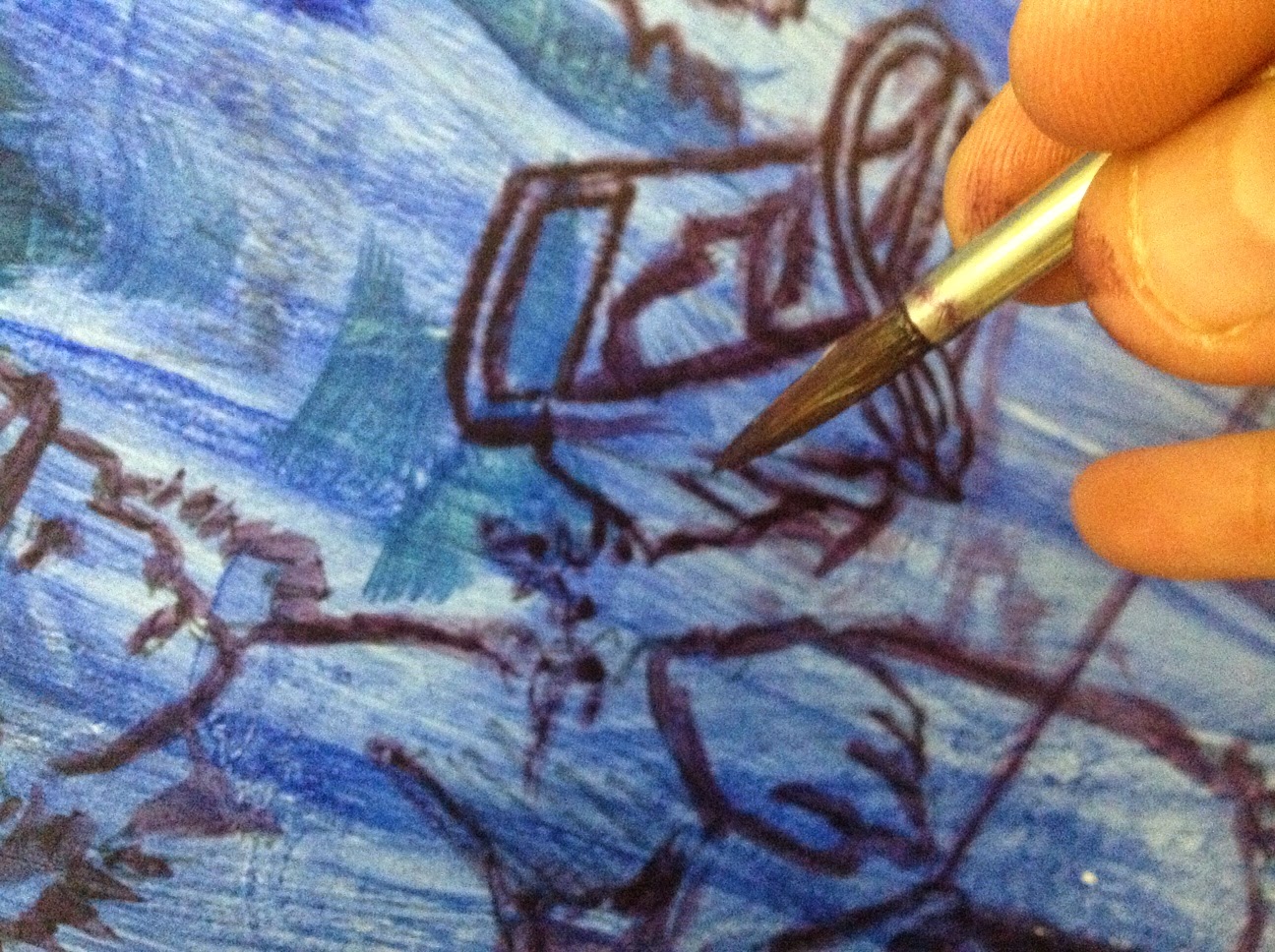Check out the Cheechako Series, for Grade 5 through Adult
The really great thing about giving a book as a gift? It's never just a book. It's a ticket to adventure, a passport to thrills and triumph, the key to a door that takes your reader into a different world.
Available NOW, in paperback or Kindle format. Great reading for all ages.
Cheechako, Book 1, here's what readers say:
"I absolutely adored this fast-paced, well-written book ..."
"... sends your heart racing ..."
"This great novel is worth 5 stars, I would have given 10 if allowed."
"...kept me on the edge of my seat the whole time I read it ..."
"... also for any adult looking for a stirring, original story with engaging, realistic characters."
"This book can be for all ages who appreciate a good clean read."
"... for anyone who loves adventure, Alaska or the warming experience of watching an anxious boy grow into a young man."
Float Monkeys, Book 2, here's what readers say:
"Adventure? Absolutely! ... Action? It never stops!"
"I couldn't go to bed without finishing."
"... pulled me into a summer adventure I could not walk away from."
"One amazing adventure after another ... genuine life and death crises ..."
"Such fun! Lots of action, twists and turns ... well developed characters."
"Well written, charged with adventure ... a true page turner!"
"Surprises galore await young readers (and old ones, too).
And coming soon:
Musher! Book 3, here's what readers say:
"You kept me guessing the whole way."
"Here's a surprise, in a book about two boys and a dog, a vibrant female character. Bravo!"
"I had to read the ending twice to believe it."
"...marvelous, hair-raising adventures!"
"I can still feel the stinging wind on my cheeks and hear the frenetic yapping of the sled dogs ..."
"... one heck of a ride through the Alaskan wilderness."
"... you'll be swept up in the action from page 1. No way I'm telling you who wins!"
Books 1 & 2 are available online at this link:
Available in paperback or Kindle format HERE!
Happy Reading!
The really great thing about giving a book as a gift? It's never just a book. It's a ticket to adventure, a passport to thrills and triumph, the key to a door that takes your reader into a different world.
Available NOW, in paperback or Kindle format. Great reading for all ages.
Cheechako, Book 1, here's what readers say:
"I absolutely adored this fast-paced, well-written book ..."
"... sends your heart racing ..."
"This great novel is worth 5 stars, I would have given 10 if allowed."
"...kept me on the edge of my seat the whole time I read it ..."
"... also for any adult looking for a stirring, original story with engaging, realistic characters."
"This book can be for all ages who appreciate a good clean read."
"... for anyone who loves adventure, Alaska or the warming experience of watching an anxious boy grow into a young man."
Float Monkeys, Book 2, here's what readers say:
"Adventure? Absolutely! ... Action? It never stops!"
"I couldn't go to bed without finishing."
"... pulled me into a summer adventure I could not walk away from."
"One amazing adventure after another ... genuine life and death crises ..."
"Such fun! Lots of action, twists and turns ... well developed characters."
"Well written, charged with adventure ... a true page turner!"
"Surprises galore await young readers (and old ones, too).
And coming soon:
Musher! Book 3, here's what readers say:
"You kept me guessing the whole way."
"Here's a surprise, in a book about two boys and a dog, a vibrant female character. Bravo!"
"I had to read the ending twice to believe it."
"...marvelous, hair-raising adventures!"
"I can still feel the stinging wind on my cheeks and hear the frenetic yapping of the sled dogs ..."
"... one heck of a ride through the Alaskan wilderness."
"... you'll be swept up in the action from page 1. No way I'm telling you who wins!"
Books 1 & 2 are available online at this link:
Available in paperback or Kindle format HERE!
Happy Reading!












